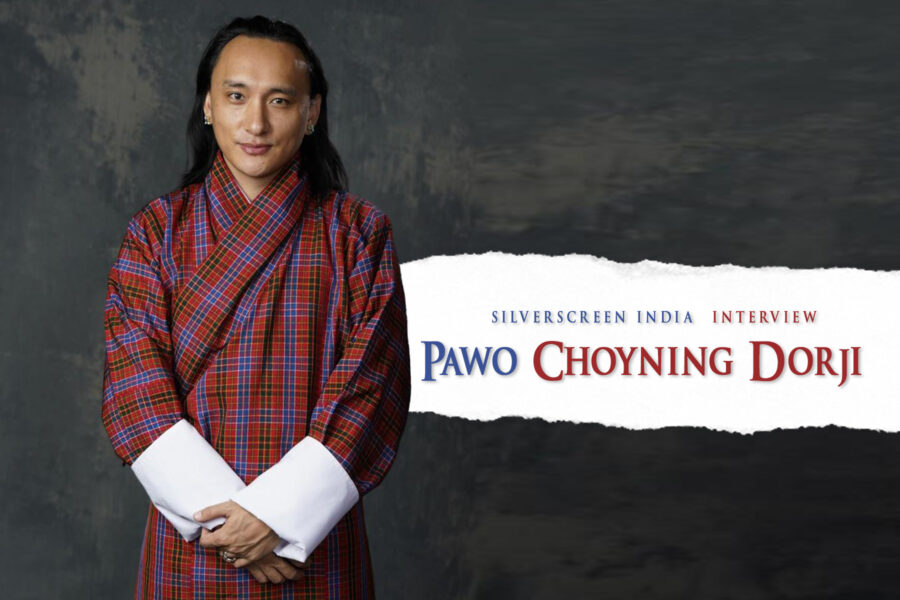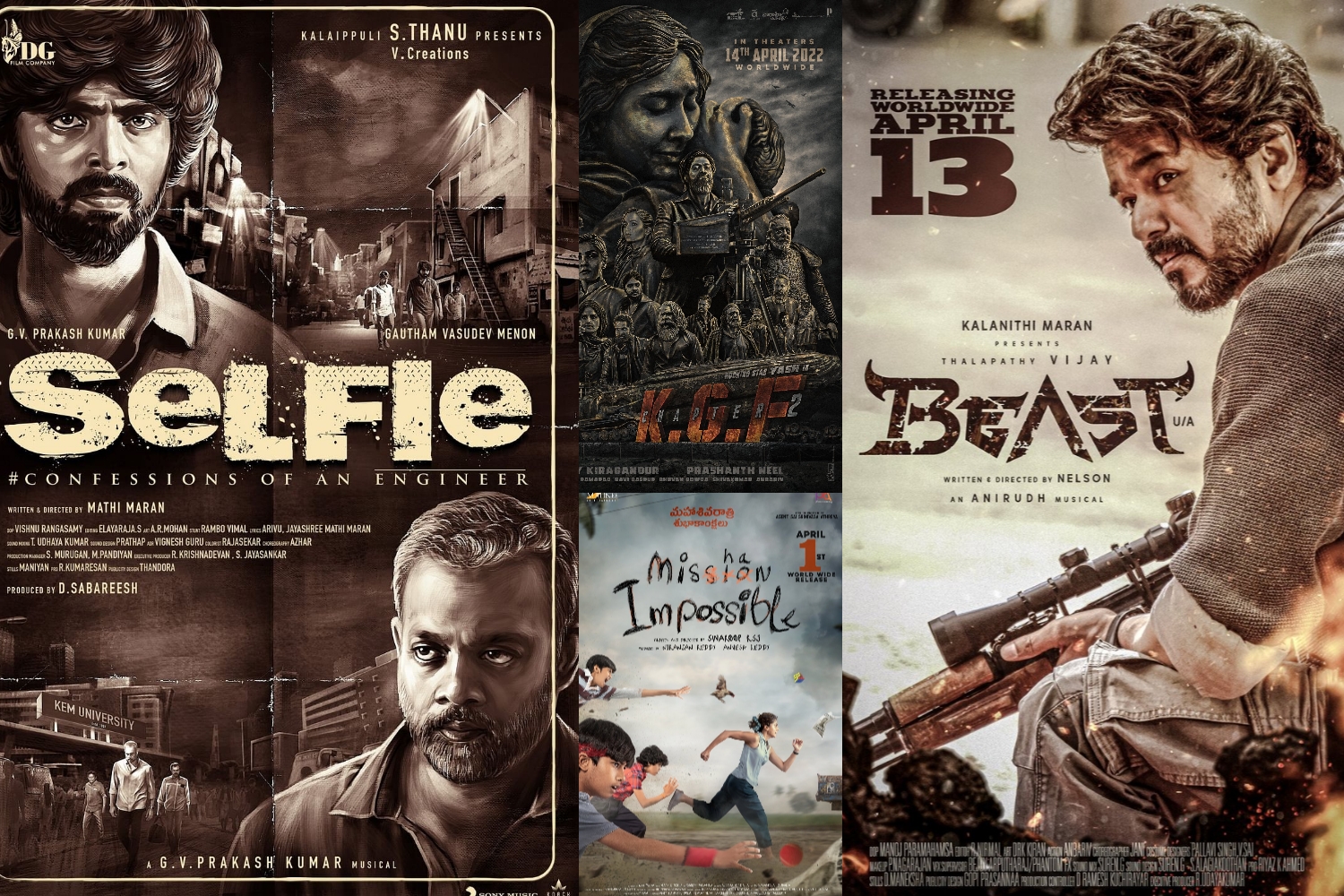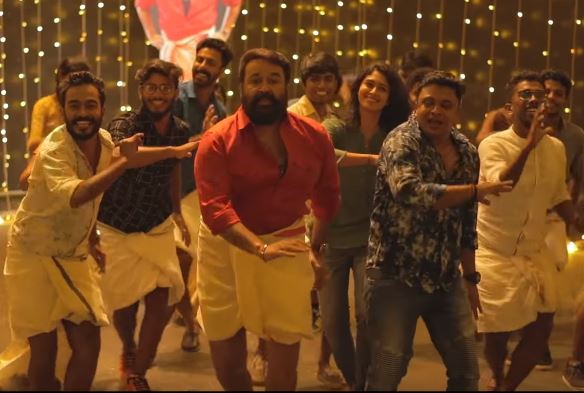Lunana: A Yak in the Classroom became the first-ever film from Bhutan to earn an Oscar nomination earlier this year. The nomination was a huge recognition not just for its makers, but for the whole nation located in the eastern Himalayas.
On the day of the Oscars ceremony, congratulating Lunana’s director Pawo Choyning Dorji, Bhutan’s Prime Minister Dr Lotay Tshering wrote in a Facebook post, “Today, a young Bhutanese man once again reminded us about how personal dreams can come true, if we have the courage to pursue them.”
Dorji is also the writer and co-producer of Lunana, which was nominated in the Best International Feature Film Category. The film follows a young Bhutanese man named Ugyen, who aspires to move to Australia to establish his singing career. However, he is assigned to teaching duty in a remote mountain village named Lunana. The film explores his growth as a person, the life of the villagers, the idea of happiness, and more.
Lunana is all set to premiere on Amazon Prime Video on Friday, April 15. Ahead of its release, its creator Dorji speaks to Silverscreen India about taking Lunana from the ‘Land of the Thunder Dragon’ to the Oscars.
Born to a diplomat, Dorji had a multicultural upbringing, spending his early days in places like India, the Middle East, Europe, and the US. These life experiences helped him in becoming a storyteller, he feels.
“I never went to film school, so everything that I learnt about filmmaking was by watching films and working as an assistant to my teacher, Khyentse Norbu. He is known as a Buddhist Lama. He is a filmmaker who inspired me to become one. Working as his assistant helped me learn about every aspect of filmmaking,” says Dorji, as he talks at length about his work, Bhutanese cinema, and more.
Lunana revolves around aspects like Gross National Happiness (GNH), high regard for teachers and the idea of citizens serving the nation. What inspired you to make this film?
Lunana is a story of Bhutan. For the past century, we have hung on the safety nets of our culture and spiritual traditions. But now, we, as a nation, are on the path of modernisation and globalisation. As shown in the film, Bhutan is supposedly one of the happiest countries in the world; GNH is a part of our culture. Yet, ironically, every year, thousands of our youth are leaving the country in search of happiness elsewhere.
Buddhist culture emphasises the value and importance of ‘teachers’. But, despite being a Buddhist country, our teaching sector is the one that is losing a lot of employees. I think we are too hastily trying to become like the rest of the world. In our quest for modernisation and globalisation, we are abandoning the culture and traditions of our forefathers that have defined us. This was why I chose to make Lunana.
By highlighting these things in Lunana, I hope that younger Bhutanese will be reminded of these values and realise the importance of holding on to them.
I was also inspired by the Bhutanese documentary films, School Among Glaciers by Dorji Wangchuk and Price of Knowledge by Ugyen Wangdi.
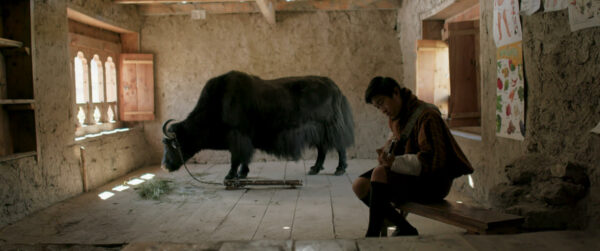
Tell us about your experience of making this film – from choosing locations to casting and training the actors.
I was very adamant about shooting in the actual location of Lunana, no matter what the logistical challenges, because I wanted to capture the purity of a place untouched by the outside world.
I designed the film in docu-feature style and so, I cast the residents of Lunana, who have no reference to the world beyond their village. Since we were relying on non-professional actors, we tried to cast individuals whose lives mirrored the characters we had in the script.
As we were there in Lunana for a long time, my wife (Stephanie Lai, the film’s acting coach and producer) and I worked with the villagers and prepped them for the production. This proved to be very valuable and all our actors did a splendid job.
What was it like to shoot in one of the most remote villages?
Shooting in Lunana was a huge challenge. How do you even prepare for film production in one of the remotest human settlements in the world? We needed to trek for eight days over the Himalayas to reach the settlement. Even today, there is no electricity or network connection. We were in pre-production for almost a year and a half as we had to carry up all our gear, solar batteries, and rations to last the whole production.
We had to stay there for almost three months. Living in Lunana was extremely tough without modern facilities like electricity, hot showers or even beds. Many of our crew suffered from altitude sickness, and it was mentally taxing to be away from our families and not be able to communicate with loved ones.
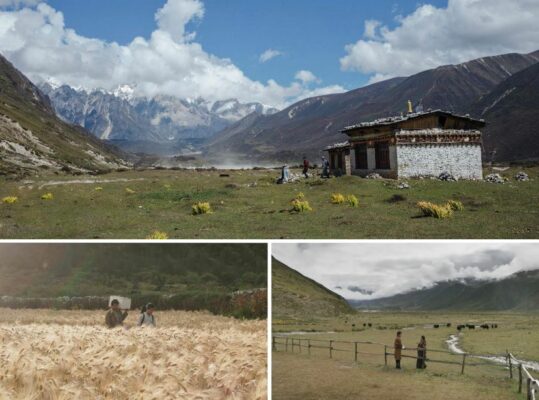
In an earlier interview, you had said that Lunana is inspired by true stories. Can you tell us about the research process and how you developed the story?
Yes, every aspect of the film is based on true stories. I was interested in telling the story of a character who is on a journey to seek happiness. I also wanted to explore the ‘remote darkness’ of rural Bhutan.
As part of the research process, I met with many individuals. I was inspired by their personal anecdotes and incorporated them into the script.
Sir Dechen Tshering, a teacher who had worked in the highlands of Bhutan, told me that since he had no access to wood in the high altitudes, he would collect yak dung every day to make a fire. And to make it easier, he brought a yak to his classroom and taught his classes with the yak present. I thought this would look so poetic in a film.
Then, when I cast some non-actors, I incorporated their stories into the script as well, to make it easier for them to perform. Interestingly, this gave the film an authentic and personal feel.
For instance, the audience favourite Pem Zam just played herself, and everything you see in the film is from the little girl’s real life. She comes from a broken family, and even today, she continues to live with her aged grandmother and drunkard father. All the villagers in the film are essentially playing themselves.
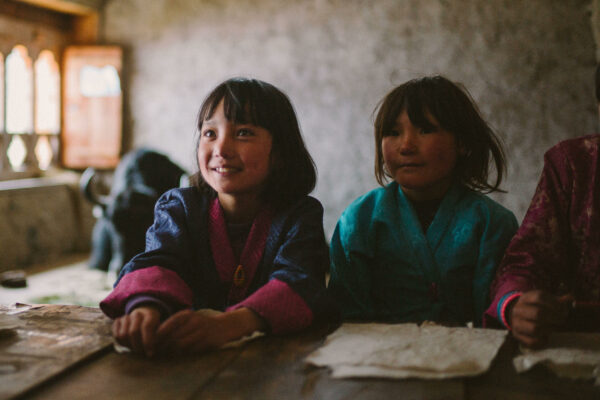
Lunana is the first-ever Oscar nominee from Bhutan. How big is this achievement for you and your country? Also, the film was disqualified earlier. Can you tell us about that?
The nomination is huge for Bhutan. The Oscars are one of the biggest global stages in the world. It is a historic moment for Bhutan’s culture and art to be celebrated there. We live in a time where a country is not just defined by political independence, but also by its ability to carve out a space for itself in the cultural and artistic spheres.
Initially, when I applied for the Oscars, Bhutan and our national language Dzongkha were not even listed on the Academy’s website. Lunana was Bhutan’s second submission ever, and it came more than 23 years after the last one. The Academy told us that since we hadn’t submitted a film for so long, our selection committee had become invalid. They advised us to first form a selection committee, have it be approved by the Academy, and then resubmit the film for consideration.
It was an extremely long process, but given the nomination, I am glad we pushed through.

What is the current status of the film industry in Bhutan? Are there any incentives to encourage budding talents to pursue this field?
The Bhutanese cinema industry is tiny. The local audience support is, of course, very limited as our population is only about 7.5 lakhs, with many living in rural parts. So, there isn’t much of a local market for filmmakers to depend on.
Films like Lunana, therefore, have to depend on support from outside Bhutan, like film festivals and international distribution companies.
Recommended
Since Bhutan is a poor country, there are also no government incentives to support such pursuits. Most films in the Oscars International Feature Film race were funded by their respective governments, as they are seen as cultural and artistic ambassadors of these countries. Lunana’s campaign was entirely self-funded, which makes our nomination even more incredible.
I think Lunana’s success on the international stage will inspire our storytellers to pursue this path and it will also make the government realise the potential of arts to promote the country.
What do you think took your film to the Oscars? What is its USP?
I think Lunana offers a very different cinematic experience to the global audience. Culturally, linguistically, and geographically, it is unlike other films. However, it touches upon universal themes like seeking happiness and longing for a sense of belonging and home.
I think these themes connect with the audience, especially now when there is so much anxiety and suffering due to the pandemic and the wars that are raging on around the world.

How was your experience at the Oscars and how has your life changed after that?
It was very surreal. As a first-time director, who had never studied filmmaking, being nominated for the Oscars is extremely humbling. I realise how precious this opportunity is and how many other filmmakers work for an entire lifetime for an opportunity like this. Everyone I met at the Oscars was extremely encouraging and I am very grateful.
Since the shortlist of 15 films was announced in December, life has been extremely busy and stressful. As the film’s campaign was not funded by our government or by a film studio, it was tough to compete with rich governments and big studios like Sony, Netflix and Amazon. I think the Oscar’s campaign was more exhausting than making the actual film!
With the Oscars now over, my life is slowly returning to normalcy and I am enjoying that.
I will use this experience as an inspiration to work even harder, to share stories of Bhutan with the rest of the world.
